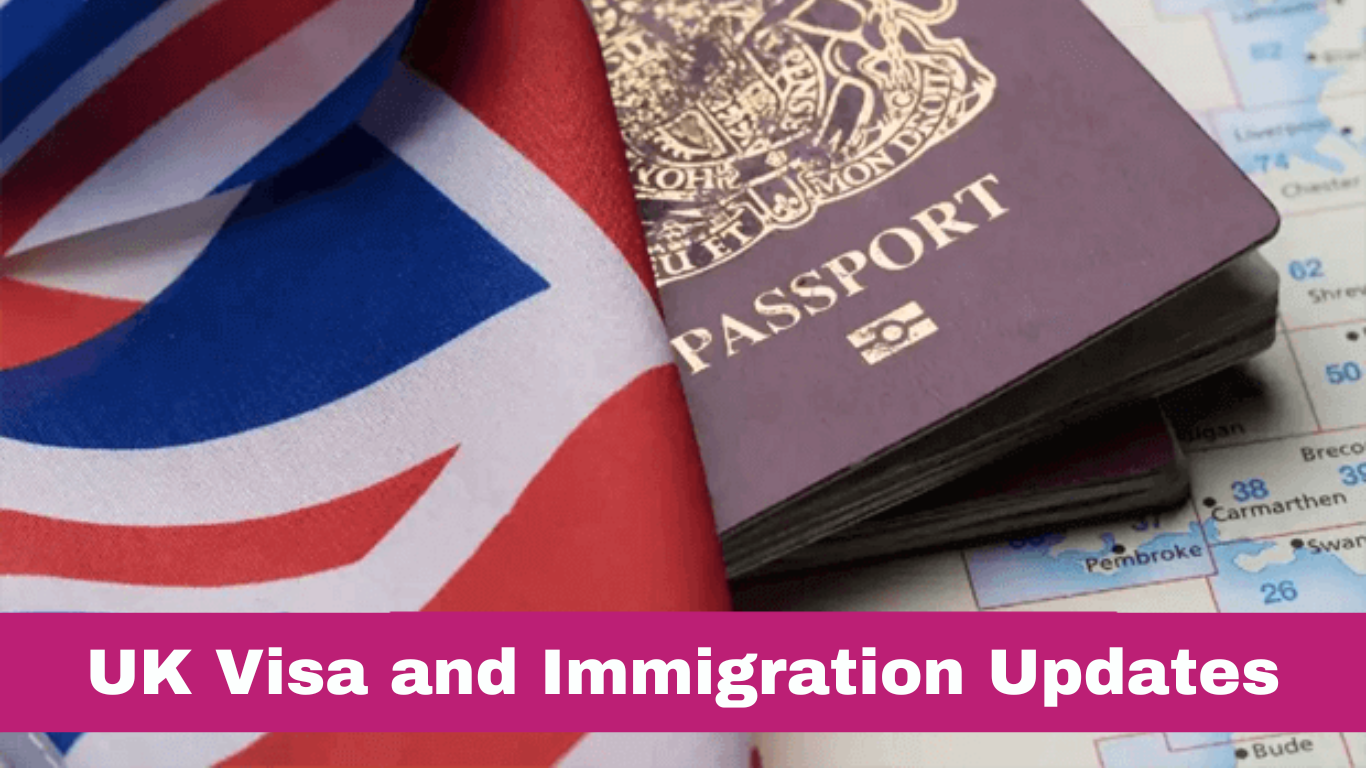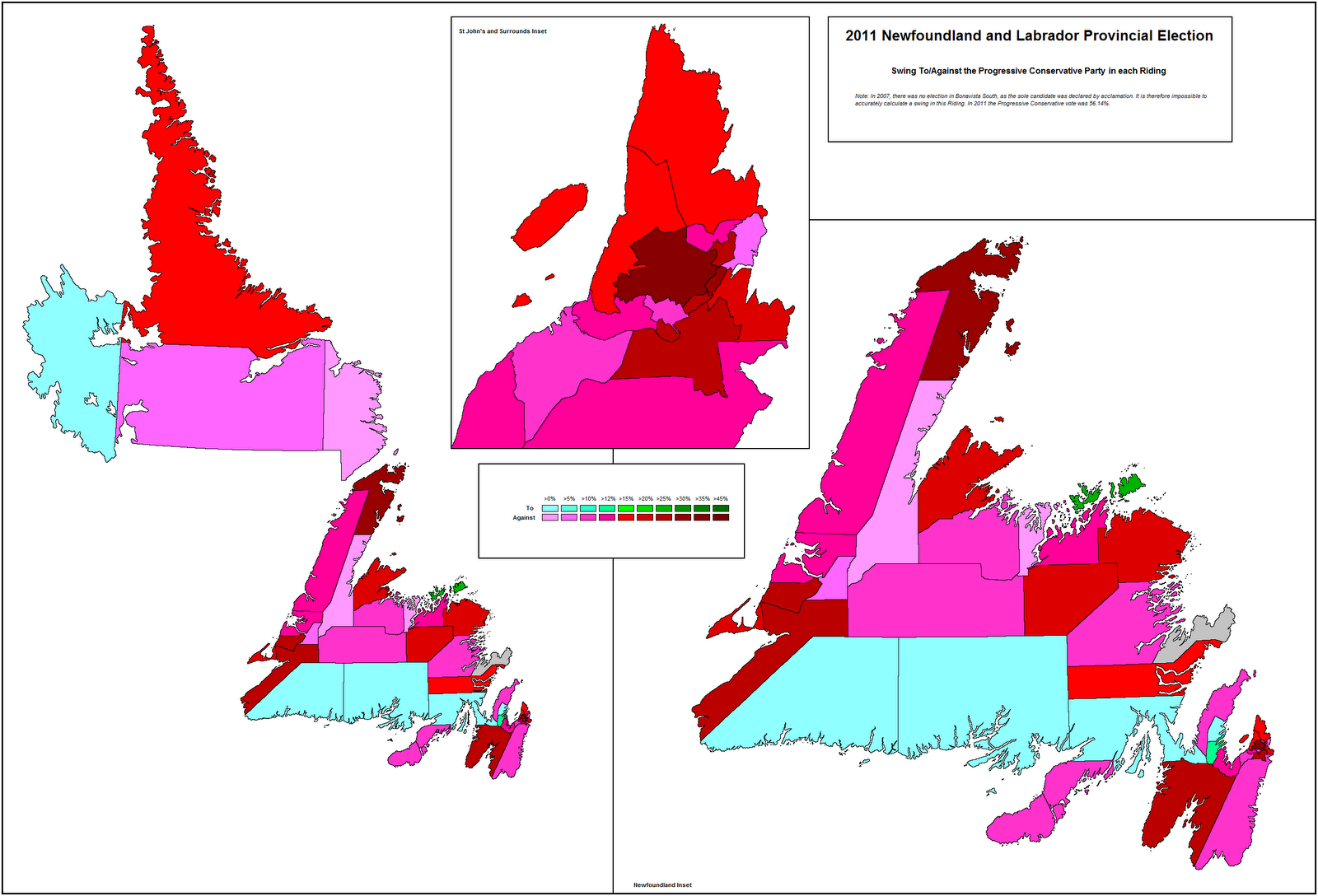Changes To UK Visa Applications: Impact Assessment By Nationality

Table of Contents
Impact on EU/EEA Nationals Post-Brexit
The end of free movement between the UK and the EU/EEA has dramatically altered the landscape of UK visa applications for these nationals.
Loss of Free Movement Rights
- Application Processes: EU/EEA citizens no longer benefit from automatic entry and residence rights. They must now apply for specific visas based on their purpose of stay (work, study, family reunification).
- Increased Fees and Processing Times: Application fees have increased substantially, and processing times have lengthened significantly compared to the pre-Brexit era. This adds financial and temporal burdens to applicants.
- Affected Visa Categories: Changes impact all visa categories, including skilled worker visas, family visas, and student visas. The complexities of navigating these new systems have led to increased rejection rates.
- Application Success Rates: While precise statistics are continually evolving, anecdotal evidence suggests a noticeable drop in successful applications for some EU/EEA nationals due to unfamiliarity with the new application requirements.
New Visa Categories for EU/EEA Citizens
Several new visa routes have been introduced to cater to EU/EEA citizens, notably the Skilled Worker visa and the EU Settlement Scheme (EUSS) for those already residing in the UK before the end of the transition period.
- Comparison to Old System: The previous system offered ease of access for EU/EEA citizens. The current system requires more documentation, complex application forms, and significantly higher fees.
- Eligibility Criteria: Each new visa category has strict eligibility criteria, including specific skills, qualifications, and financial requirements. Meeting these criteria can be challenging for some applicants.
Impact on Non-EU/EEA Nationals
Non-EU/EEA nationals have also experienced significant changes to the UK visa application process.
Changes to Points-Based System
The points-based system, already in place for non-EU/EEA nationals, has undergone further modifications, making it even more stringent.
- Points Requirements: The required points for various visa categories, particularly skilled worker visas, have been adjusted, leading to a more competitive application environment.
- Impact on Success Rates: The stricter points system, coupled with increased scrutiny, has resulted in lower success rates for some nationalities.
Increased Scrutiny and Documentation Requirements
Non-EU/EEA applicants now face increased scrutiny during the application process.
- Heightened Scrutiny: Applications are subject to more rigorous checks, leading to longer processing times and potentially higher rejection rates.
- Documentation Requirements: The volume and types of supporting documents required have increased significantly, demanding more effort and resources from applicants.
- Challenges in Meeting Requirements: Gathering the necessary documentation can be particularly difficult for applicants from countries with less developed administrative systems.
Specific Examples of Affected Nationalities
The impact of these changes varies across nationalities.
- Indian Nationals: Indian nationals applying for skilled worker visas have reported facing increased challenges due to the stricter points-based system and documentation requirements.
- Chinese Nationals: Similar challenges are experienced by Chinese nationals, with a noticeable impact on application success rates. (Note: Specific statistics should be inserted here if available from reputable sources).
Processing Times and Application Fees
Significant changes have affected both processing times and application fees.
Analysis of Changes in Processing Times
Processing times have increased considerably across most visa categories, leading to uncertainty and delays for applicants.
- Comparison: Pre-Brexit processing times were considerably shorter, particularly for EU/EEA nationals. Now, delays are common.
- Nationality Variations: While processing times vary, certain nationalities consistently experience longer waits than others, possibly due to increased scrutiny or complexities of their applications.
Impact of Increased Application Fees
The substantial increase in application fees has created financial barriers for many applicants.
- Affordability: The higher fees disproportionately impact applicants from less affluent backgrounds, potentially limiting access to UK visas for deserving individuals.
- Economic Impact: The financial burden of visa applications can be significant, especially for families or individuals with limited resources.
Appeals and Reconsideration Processes
The appeals process has also undergone changes.
Changes in Appeal Procedures
- Modified Procedures: The appeals and reconsideration processes have become more complex, potentially making it more difficult to challenge a visa refusal.
- Impact on Applicants' Rights: These changes have raised concerns about the potential erosion of applicants' rights to appeal.
Conclusion: Navigating Changes to UK Visa Applications: A Call to Action
The changes to UK visa applications have had a wide-ranging impact across various nationalities, affecting processing times, fees, and the overall success rate of applications. EU/EEA nationals have faced the loss of free movement, while non-EU/EEA nationals contend with a more stringent points-based system and increased scrutiny. Understanding these changes is paramount for a successful application. Stay informed about the latest changes to UK visa applications and ensure a smooth application process by thoroughly researching the specific requirements for your nationality. Careful preparation and adherence to the updated regulations are essential for navigating the complexities of the new UK visa system.

Featured Posts
-
 Edmonton Unlimiteds Global Impact Strategy Focusing On Tech And Innovation
May 10, 2025
Edmonton Unlimiteds Global Impact Strategy Focusing On Tech And Innovation
May 10, 2025 -
 The Tarlov Pirro Clash A Discussion On The Us Canada Trade War
May 10, 2025
The Tarlov Pirro Clash A Discussion On The Us Canada Trade War
May 10, 2025 -
 Sensex Today 700 Point Surge Nifty Above 23 800 Live Market Updates
May 10, 2025
Sensex Today 700 Point Surge Nifty Above 23 800 Live Market Updates
May 10, 2025 -
 Incredibly Dangerous Internal Warnings Ignored Before Newark Atc Failure
May 10, 2025
Incredibly Dangerous Internal Warnings Ignored Before Newark Atc Failure
May 10, 2025 -
 2023 Nl Federal Election Candidate Comparison Guide
May 10, 2025
2023 Nl Federal Election Candidate Comparison Guide
May 10, 2025
